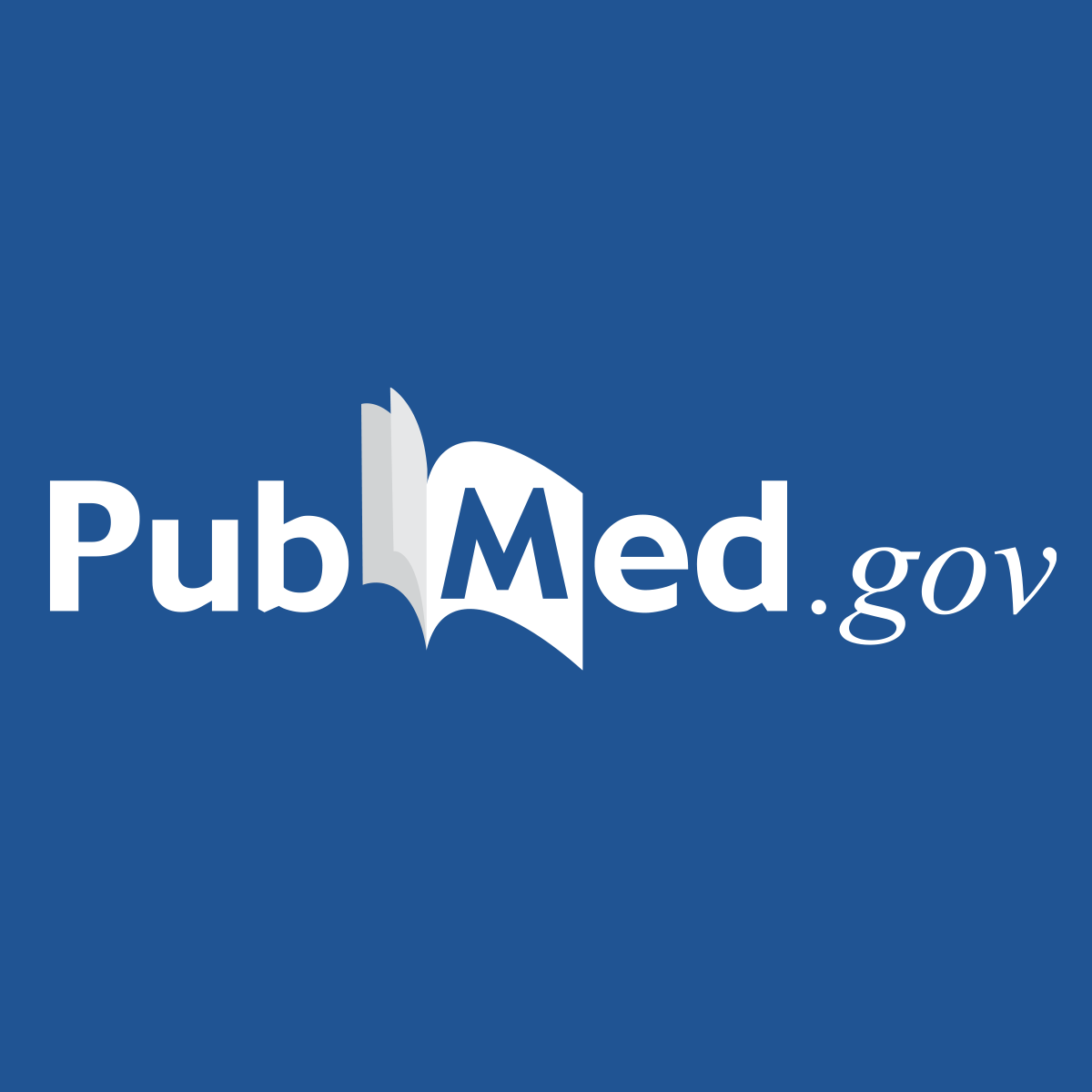The Sleep Crisis: How Lack of Rest Affects Our Health and Focus
September 11, 2024, 10:33 pm

Location: United States, Maryland, Bethesda
Employees: 501-1000
Founded date: 1988
In today’s fast-paced world, sleep is often sacrificed on the altar of productivity. The modern lifestyle, filled with distractions and stressors, has led many to underestimate the importance of a good night’s sleep. The consequences of sleep deprivation are severe, affecting both our physical health and cognitive abilities.
Sleep is not just a luxury; it’s a necessity. Think of it as the battery charger for our brains and bodies. Without adequate rest, we run on empty. The statistics are alarming. Research shows that individuals who sleep less than six hours a night are at a higher risk for various health issues, including heart disease, obesity, and cognitive decline.
First, let’s explore the brain. Sleep is crucial for cognitive function. Studies reveal that students who get less than seven hours of sleep perform 25% worse in concentration and academic tasks. Imagine trying to drive a car with a foggy windshield. That’s what a tired brain feels like. The fog of sleep deprivation clouds our ability to think clearly, make decisions, and retain information.
Next, consider the heart. The American Heart Association warns that insufficient sleep can lead to hypertension, heart attacks, and strokes. Sleep is the body’s time to repair and rejuvenate. When we skimp on sleep, we invite stress into our lives. Stress, in turn, wreaks havoc on our cardiovascular system. It’s a vicious cycle.
Moreover, sleep deprivation is linked to weight gain and metabolic disorders. When we don’t sleep enough, our appetite increases, particularly for high-calorie foods. It’s as if our bodies are crying out for energy, but instead of nourishing ourselves, we reach for unhealthy snacks. This can lead to obesity, which further complicates our health.
Testosterone levels also take a hit with inadequate sleep. For men, sleeping just four to five hours can significantly lower testosterone levels. This isn’t just a number; it affects mood, energy, and overall vitality. Sleep is the silent architect of our hormonal balance.
Now, let’s pivot to focus. Concentration is the cornerstone of productivity. Yet, many struggle to maintain it, especially in a world filled with distractions. The reasons for this decline in focus are multifaceted. One major culprit is sleep deprivation. A tired mind is like a computer running too many programs at once; it slows down and becomes unresponsive.
When we are sleep-deprived, our executive functions—planning, decision-making, and self-control—deteriorate. This is particularly concerning for students and professionals who rely on these skills daily. The brain needs sleep to consolidate memories and enhance learning. Without it, we are left grasping at straws, trying to remember what we studied or what we need to do.
Additionally, excessive workloads can fragment our attention. Multitasking might seem efficient, but it often leads to a decrease in quality and an increase in errors. A study involving healthcare workers revealed that those overwhelmed with tasks made more mistakes and felt less satisfied with their work.
So, how can we reclaim our focus? First, take breaks. It sounds counterintuitive, but stepping away from work can refresh the mind. Breaks help prevent burnout and enhance creativity. Think of it as watering a plant; without regular nourishment, it wilts.
Next, eliminate distractions. Our phones are the biggest culprits. They beckon us with notifications, pulling our attention away from the task at hand. Keeping the phone out of sight can significantly improve focus.
Prioritizing tasks is another effective strategy. Create a list and tackle the most important tasks first. This method not only organizes your workload but also provides a sense of accomplishment as you check off completed items.
Finally, consider supplements that enhance cognitive function. Natural nootropics like L-Theanine and Rhodiola Rosea can support focus and reduce stress. These are not magic pills but rather tools to help sharpen the mind.
In conclusion, the interplay between sleep and focus is undeniable. Sleep is the foundation upon which our health and productivity are built. Without it, we risk our well-being and efficiency. As we navigate our busy lives, let’s prioritize rest. It’s not just about working harder; it’s about working smarter.
Sleep is the unsung hero of our daily lives. Embrace it, and watch as your health and focus flourish. The path to a sharper mind and a healthier body begins with a good night’s sleep. Don’t let the chaos of modern life rob you of this essential resource. Prioritize your sleep, and reap the rewards in every aspect of your life.
Sleep is not just a luxury; it’s a necessity. Think of it as the battery charger for our brains and bodies. Without adequate rest, we run on empty. The statistics are alarming. Research shows that individuals who sleep less than six hours a night are at a higher risk for various health issues, including heart disease, obesity, and cognitive decline.
First, let’s explore the brain. Sleep is crucial for cognitive function. Studies reveal that students who get less than seven hours of sleep perform 25% worse in concentration and academic tasks. Imagine trying to drive a car with a foggy windshield. That’s what a tired brain feels like. The fog of sleep deprivation clouds our ability to think clearly, make decisions, and retain information.
Next, consider the heart. The American Heart Association warns that insufficient sleep can lead to hypertension, heart attacks, and strokes. Sleep is the body’s time to repair and rejuvenate. When we skimp on sleep, we invite stress into our lives. Stress, in turn, wreaks havoc on our cardiovascular system. It’s a vicious cycle.
Moreover, sleep deprivation is linked to weight gain and metabolic disorders. When we don’t sleep enough, our appetite increases, particularly for high-calorie foods. It’s as if our bodies are crying out for energy, but instead of nourishing ourselves, we reach for unhealthy snacks. This can lead to obesity, which further complicates our health.
Testosterone levels also take a hit with inadequate sleep. For men, sleeping just four to five hours can significantly lower testosterone levels. This isn’t just a number; it affects mood, energy, and overall vitality. Sleep is the silent architect of our hormonal balance.
Now, let’s pivot to focus. Concentration is the cornerstone of productivity. Yet, many struggle to maintain it, especially in a world filled with distractions. The reasons for this decline in focus are multifaceted. One major culprit is sleep deprivation. A tired mind is like a computer running too many programs at once; it slows down and becomes unresponsive.
When we are sleep-deprived, our executive functions—planning, decision-making, and self-control—deteriorate. This is particularly concerning for students and professionals who rely on these skills daily. The brain needs sleep to consolidate memories and enhance learning. Without it, we are left grasping at straws, trying to remember what we studied or what we need to do.
Additionally, excessive workloads can fragment our attention. Multitasking might seem efficient, but it often leads to a decrease in quality and an increase in errors. A study involving healthcare workers revealed that those overwhelmed with tasks made more mistakes and felt less satisfied with their work.
So, how can we reclaim our focus? First, take breaks. It sounds counterintuitive, but stepping away from work can refresh the mind. Breaks help prevent burnout and enhance creativity. Think of it as watering a plant; without regular nourishment, it wilts.
Next, eliminate distractions. Our phones are the biggest culprits. They beckon us with notifications, pulling our attention away from the task at hand. Keeping the phone out of sight can significantly improve focus.
Prioritizing tasks is another effective strategy. Create a list and tackle the most important tasks first. This method not only organizes your workload but also provides a sense of accomplishment as you check off completed items.
Finally, consider supplements that enhance cognitive function. Natural nootropics like L-Theanine and Rhodiola Rosea can support focus and reduce stress. These are not magic pills but rather tools to help sharpen the mind.
In conclusion, the interplay between sleep and focus is undeniable. Sleep is the foundation upon which our health and productivity are built. Without it, we risk our well-being and efficiency. As we navigate our busy lives, let’s prioritize rest. It’s not just about working harder; it’s about working smarter.
Sleep is the unsung hero of our daily lives. Embrace it, and watch as your health and focus flourish. The path to a sharper mind and a healthier body begins with a good night’s sleep. Don’t let the chaos of modern life rob you of this essential resource. Prioritize your sleep, and reap the rewards in every aspect of your life.
